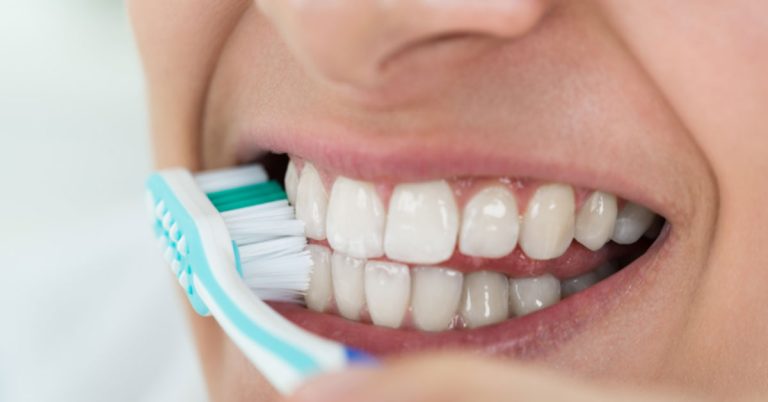

Have you ever encountered a bad taste after brushing your teeth? It’s a frequent problem that numerous individuals confront, and it can be rather bothersome. Nevertheless, there is no cause for concern, as you can easily take certain steps to tackle this problem and guarantee a refreshed and clean sensation in your mouth. This article will delve into the reasons behind the bad taste, provide solutions to eliminate it and offer practical tips for maintaining oral hygiene.
So, what exactly causes that undesirable taste in your mouth after brushing? The most common culprit is the toothpaste itself. Some toothpaste formulations contain ingredients that leave a residual aftertaste.
Additionally, certain medications or medical conditions can also contribute to this phenomenon. If you notice a metallic taste, it could be due to dental restorations or other oral health issues.
There are various suggestions available to help alleviate the bad taste experienced after brushing. Firstly, choosing the right toothpaste is crucial. Opt for toothpaste with flavors that you find pleasant, as this can significantly improve your brushing experience and minimize the aftertaste. Experiment with different brands and flavors until you find one that suits your preferences.
Another tip is to make sure you brush your tongue after brushing your teeth. Your tongue can harbor bacteria and food particles, which can contribute to the unpleasant taste. Use a tongue scraper or a toothbrush with soft bristles to gently clean your tongue. This simple step can go a long way in reducing the bad taste and improving your overall oral hygiene.
Using a mouthwash or oral rinse can also be effective in combating the aftertaste. Look for an alcohol-free mouthwash that contains antimicrobial properties. After brushing, rinse your mouth thoroughly with MetaQil, swishing it around for about 30 seconds, and then spit it out. This can help eliminate any lingering residue and leave your mouth feeling fresh and clean.
Staying hydrated throughout the day is another important tip. Drinking an adequate amount of water helps maintain saliva production, which is essential for oral health. Saliva naturally washes away food particles and bacteria, reducing the chance of an unpleasant taste. So, make it a habit to drink water regularly and stay hydrated to promote a healthier oral environment.
Make sure to brush your teeth a minimum of two times daily, employing the correct brushing method and a toothbrush with soft bristles. Don’t forget to floss daily to remove plaque and debris from between your teeth. Regular dental check-ups and cleanings are also important to ensure any underlying dental issues are addressed promptly.
Dealing with a bad taste after brushing can be frustrating, but by implementing these simple steps, you can eliminate it and enjoy a fresh and clean mouth. Remember to choose toothpaste that suits your taste, brush your tongue, use mouthwash or oral rinse, stay hydrated, and maintain oral hygiene practices. By taking these measures, you can bid farewell to the unpleasant taste and embrace a healthier and more refreshing oral care routine.